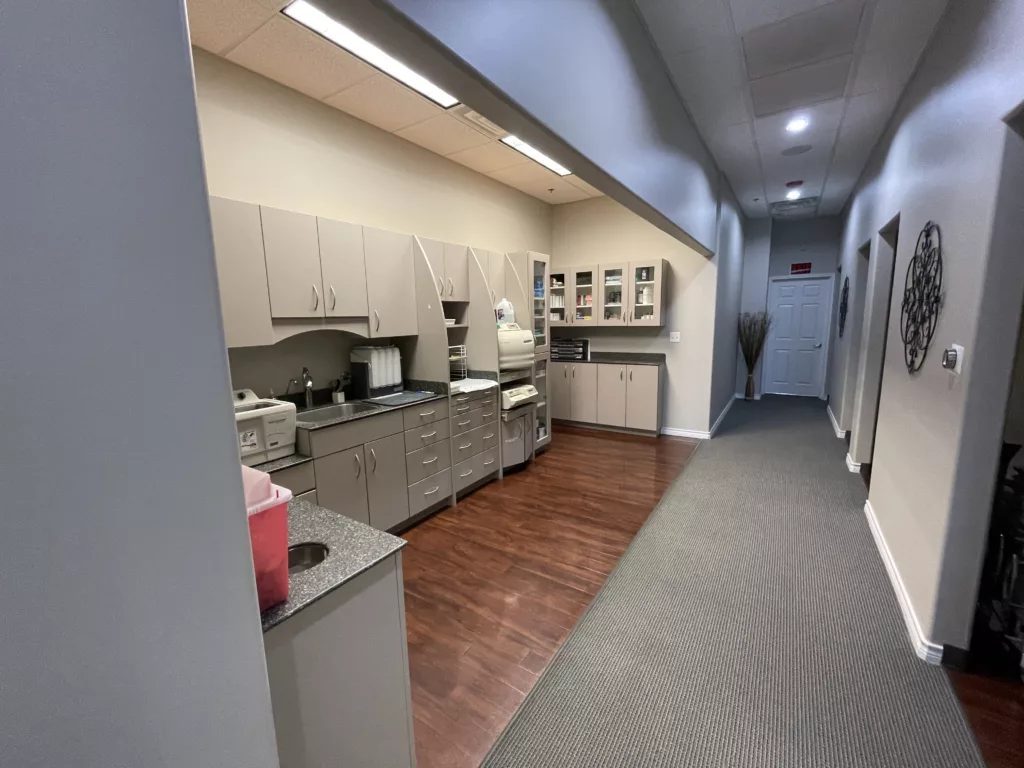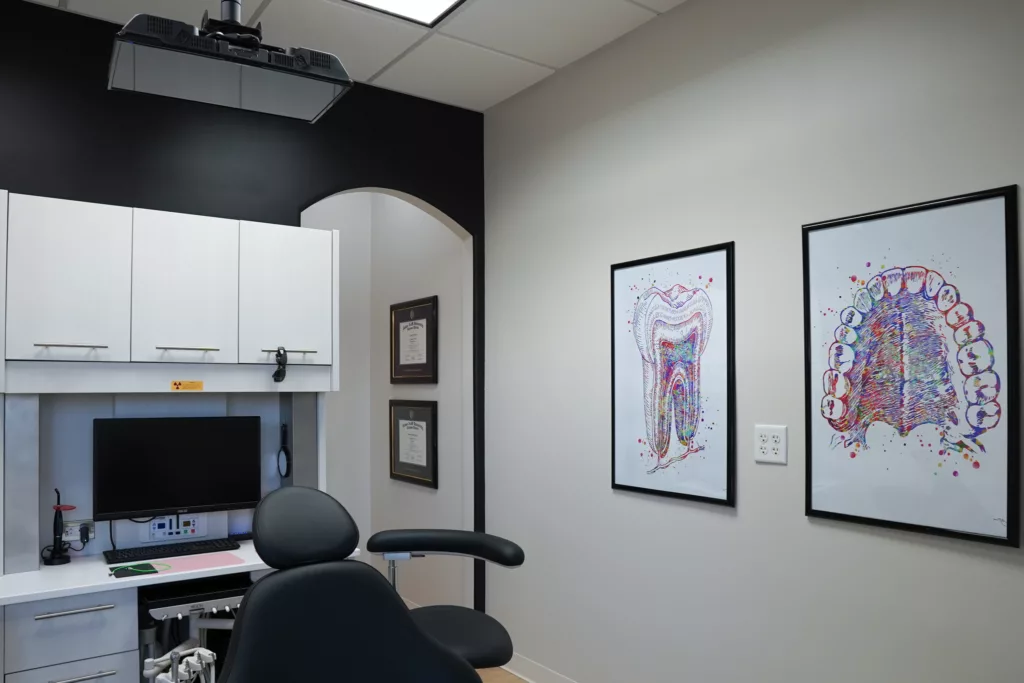Do I Have to Stay On?
There are two answers to this question.
- If you want to sell your dental or medical practice to another provider, No, you don’t have to stay on. A walk-away deal is expected in a doctor-to-doctor transition.
- If you want to sell to a DSO, MSO, or PE group, Yes. PE partnerships see way less walk away deals.
In over 100 practice sales, Practice Transitions Group has only negotiated two walk-away deals with DSO, MSO, or PE groups.
Can you negotiate less than the five-year standard? Yes.
But a walk-away deal is rare.
Note how you sell your practice (doctor-to-doctor transition or a PE partnership) is largely determined by your practice revenue.
If you're a high-performing practice owner who could sell to a group but also wants to exit quickly, this article is for you.
In this article, we’ll cover
- What does DSO mean? What does MSO mean?
- What is a walk-away deal?
- Why is five years the standard for a PE deal?
- When is a walk-away deal worth considering?
- The risks of a walkaway deal.
- The benefits.
- Alternatives to consider (even if you’re still desperate i.e. sell my dental practice yesterday).
What does DSO mean? What does MSO mean?
To level set,
- DSO means Dental Services Organization.
- MSO means Management Services Organization.
- PE stands for Private Equity. These acronyms are often synonyms.
These acronyms refer to different groups interested in buying medical practices. Because some PE groups now back DSOs and MSOs, the acronyms are often used interchangeably to simply mean group buyer.
What is a walk-away deal?
A walk-away deal is a transaction in which the seller receives payment and has no further obligations or ties to the business. Walk-away deals are expected in doctor-to-doctor transactions. They are exceedingly rare in DSO, MSO, or PE partnerships.
Why is five years the standard in a DSO, MSO, or PE partnership?
Most groups want the practice owner to stay in the clinic for five years and continue seeing patients. This is because the group credits YOU with the practice’s success, loyal patient base, five-star reviews, and happy staff.
It’s true. DSOs and MSOs consider YOU the secret sauce.
From their perspective, if you keep practicing, the clinic keeps making money, which makes them money, which is why they want to buy the practice…. Ideally, you stay on long enough for them to get a handle on people, and operations, and recruit a new leader.
When is a walk-away deal worth considering?
First, remember that your buyer is largely determined by your revenue.
A walk-away deal is worth considering if your practice earns $750,000 to $1.5MM in revenue and you want to sell to another dentist or physician.
If your practice revenue exceeds $1.5MM and you’re looking for a DSO or MSO partner, we recommend being as flexible as possible with your expected exit.
The risks of an (almost) walk-away deal
The biggest risks of wanting a walk-away-type deal and a PE partner are
- limiting the buyer pool and
- losing value.
Limiting the buyer pool
If you hope to sell to a DSO or MSO and want a walk-away type deal, fewer buyers will likely be interested in your practice.
Losing value
Buyers that do come to the table will likely lower their valuation. Expert brokers can minimize the loss, however, with creative solutions that keep the seller invested in the practice’s success.
The benefits of a walk-away deal
The benefits of a walk-away-type deal are both real and emotional. They include
- Relief - It offers a hard break from not just practice ownership, but from practicing dentistry or medicine altogether. For burnt-out providers, walking away feels like a relief.
- Cash now + investment opportunity - Just because you don’t stay on for five years, doesn’t mean that you cannot invest in a group buyer if you’d like. That option is still generally available.
- Mental space - Doctors hoping for the mental space to explore other opportunities like an original practice or a locum tenens position can do after a sale.
- Doctor buyer - Doctor buyers expect sellers to hand over the practice. If you value a doctor taking over your practice (versus a group), a walk-away deal creates alignment from the beginning.
Terms to effectively negotiate a walk-away deal
(Even if you’re desperate ie sell my dental practice yesterday!)
Desperation is not a way to wrap your life’s work, or at the very least, a significant career move. With an expert team and broker, you can walk away and partner or sell your practice to a group invested in your patients.
Here’s what to keep in mind
- Integration time. How long will it likely take for the new partner to update your computer systems and charts? If your current technology layout will struggle, consider staying on to ensure your patient records get transferred accurately.
- Staying on does not have to last five years. Do you have associates that drive production? If so, be sure to highlight those numbers in your financials.
- Commitment to production. Do you mind staying for six months to a year to ensure your associates feel supported? What other ways could you ensure that you are committed to your practice remaining successful in the months post-close?
We recently captured the story of a husband and wife practice ownership team looking for a walk-away deal. They needed a hard break from practicing dentistry after years of investing countless hours in their practice. But their practice produced a strong revenue and they could have easily attracted a DSO partner. Willing to be flexible, Practice Transitions Group negotiated a very brief period for the doctors to stay on after the partnership agreement was signed.
The DSO negotiated enough time to integrate and the clients negotiated a timeline horizon that allowed them to exit in the foreseeable future.
In Summary
If you’re thinking I need to sell my medical practice this year or I want to sell my dental practice in the next six months, a walk-away-type deal is an option if you’re willing to
- Set up an associate to drive production
- Consider integration time as critical to your transition and the buyer’s success
- Commit to supporting the practice in some capacity post-close
If you need someone to talk it through, to explore your options, reach out to Thomas Allen at ta@practicetransitionsgroup.com



